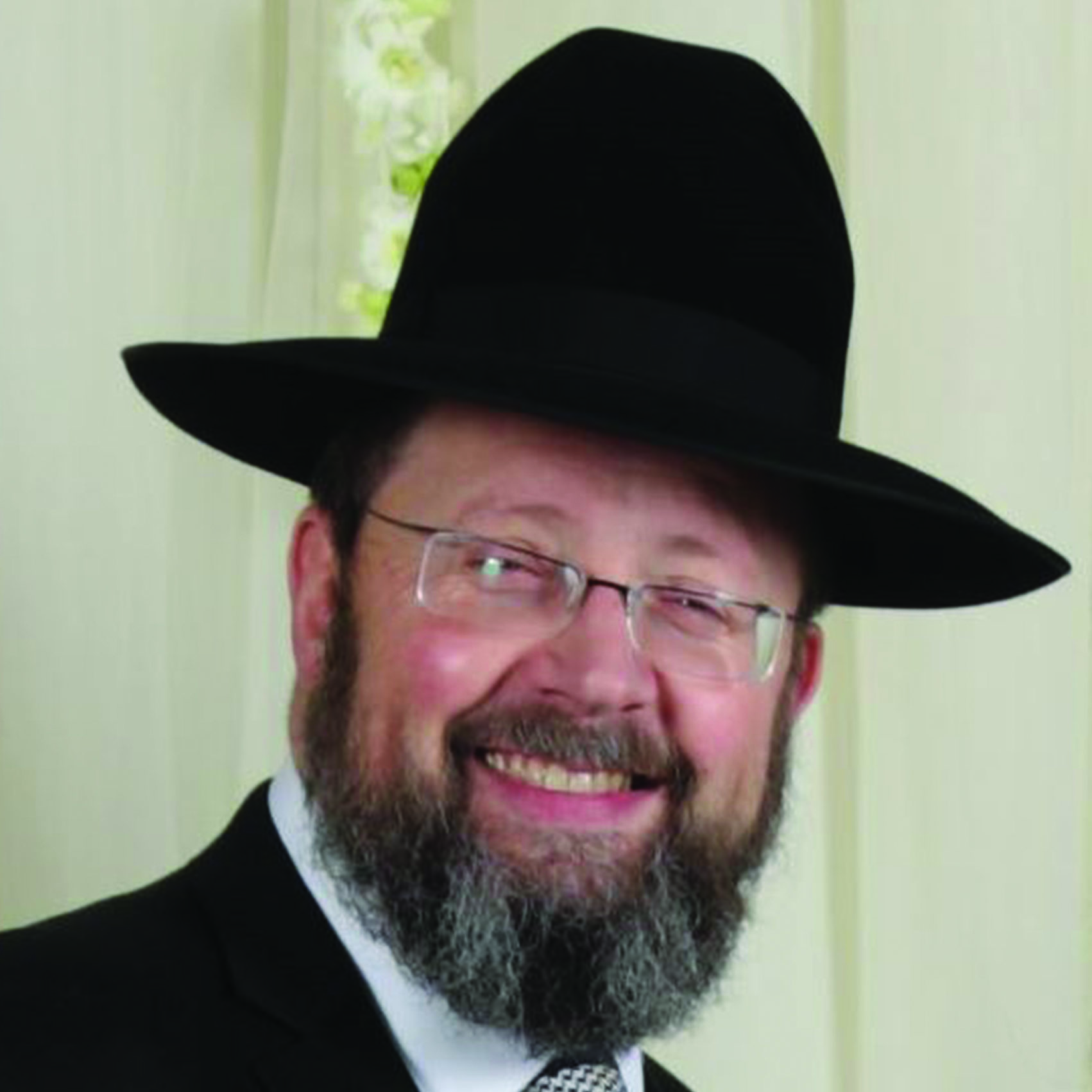Who Am I?

Young parents must take stock of themselves and develop a healthy sense of pride in the principles they believe in
M
ost chinuch tips seem quite obvious and commonsensical, but that in no way diminishes their value. Parents gain immeasurably by being reminded of these basic ideas, and by the ensuing conversation regarding their practical application.
Sometime back, however, I heard a chinuch idea from Rav Elya Brudny shlita that was in fact a chiddush — a concept, that I, for one, had never considered.
He said that successful chinuch should imbue a child with a sense of familial pride — that is, the child should feel proud to identify him- or herself as a member of his or her family.
I’d like to elaborate on this idea.
At first blush, the term “pride” sounds odd, suggesting hubris and gaavah — but of course, this is not what we are speaking of. We mean an identity, a self-value rooted in the principles one’s family stands for. For although all good Yidden have the same basic values, the order of precedence, the hierarchy, and the focus can vary in a million different ways.
For instance, the Friedmans may identify themselves by old-school Hungarian values — erlichkeit in business, being neheneh miyagia kapav, closeness to a rav, etc.; the Gross family, by dikduk b’halachah with simchas hachayim; the Kleins, by tefillah, chesed, and connection to a chassidus; the Weisses, by chiddushei Torah and bikush ha’emes. There are so many middos, and so many more ways of balancing these various ideas and principle, that every family can find individuality in their own unique “nusach.” The sense of pride imbues confidence in the children, as they embrace their parents’ approach to Yiddishkeit. It conveys to the child a sense of rootedness, and psychological stability. There is no better feeling than knowing who you are.
The families who are successful in this way need not be loud, anti-establishment, or cynical of society to celebrate their individuality. On the contrary, their quiet confidence in their individual approach allows them to respect other families who have other approaches. They do not feel threatened.
I was therefore dismayed when I heard that a popular children’s store in the Tristate area had to institute the following policy before they took shipment of their products for the upcoming school year.
At 9 a.m. tickets were handed out on a first-come-first-serve basis — like they used to have in the bakeries. The store actually opened at 11 a.m. Someone I know showed up at 9 a.m. to get her number, but by that “late” hour, there were already hundreds of people waiting for numbers. She received number 371. By the time they got to her number in the store, it was 4:30 p.m.
What I find so distressing about this is the message inherent in such conformity. Because this is really not about gashmiyus. The mothers waiting in that interminable line will say, in all sincerity, that they’re doing it for their kids, because they don’t want them to feel like outcasts and “nebs” for not wearing the popular “cute” style all their classmates are.
This thinking is warped, and it is symptomatic of a societal error that is at direct loggerheads with Rav Elya’s foundational principle. What these parents are conveying to their children is that we, as a family, have no inherent values; we don’t stand for anything other than what our neighbors stand for. We cannot be proud of who we are because we are nothing more than part of the mass. We conform.
These well-meaning parents think they are helping their children, but in fact they are undermining them. (I anticipate that some of the readership may quibble with this example. Fine, but you know that I know that you know what I mean.)
The chinuch eitzah here, as it is in most cases, has nothing to do with what you teach your children, but what you teach yourself.
Young parents must take stock of themselves and develop a healthy sense of pride in the principles they believe in. Instead of waiting in interminable lines to make sure that their child has that piece of clothing, they should think about their core values, what they truly value as important, and embrace those values bishtei yadayim. (Establishing such inner values, dare I say, may even be more valuable than attending chinuch classes!)
By doing so, and role modeling those values to their children, their children will develop a sense of identity and stability… to a far greater degree than any garment, backpack, or insulated cup, ever can.
Rabbi Avrohom Neuberger is the rav of Congregation Shaarei Tefillah of New Hempstead and the author of Positive Vision, a Chofetz Chaim Heritage Foundation project (ArtScroll/Mesorah).
(Originally featured in Mishpacha, Issue 1027)
Oops! We could not locate your form.







